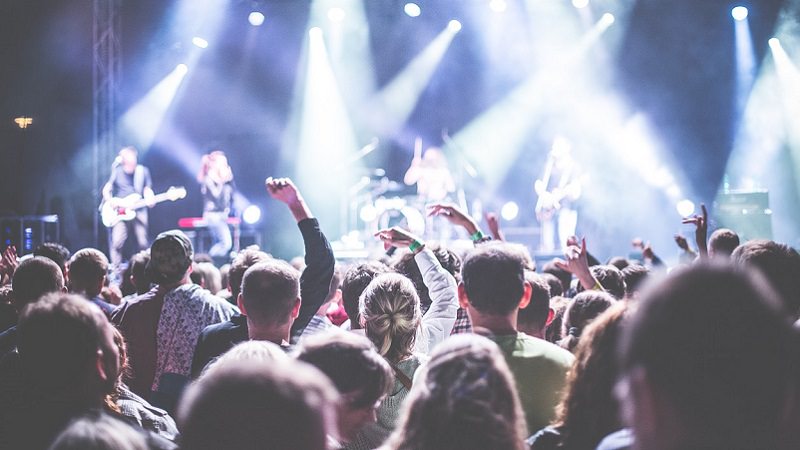The Corona crisis imposes a de facto ban on event organizers. Concerts are not likely to take place again any time soon, and livestreams are not an alternative either. But digitization offers numerous opportunities that we now need to discover.
The events industry has probably been hit hardest by the political measures surrounding the Corona pandemic. The industry was the first to be forced to walk off the job and cancel all upcoming concerts, festivals and cultural events.
And if nothing changes, it will also be the last industry to resume work as normal.
It’s red alert, and not just since yesterday. But, it seems, politics is not interested in our artistic profession. Even the “Night Of Light 2020” campaign, in which the event industry appealed to politicians for help in a discourse, remained unanswered for a long time.
Livestreams instead of concerts: How the event industry is fighting for survival
But the event industry is fighting. It is looking for alternatives and solutions to somehow stay afloat.
In recent months, livestreams in particular have replaced scheduled concerts and festivals as a way to bring at least a little music and culture home to fans – and to send a message that the events industry is still alive.
But livestreams are not concerts. They don’t bring people together in a protected cultural space. They don’t create an atmosphere where people can get completely lost in the music. Livestreams are digital events that can never replace real events – nor should they.
Livestreams enrich the event industry
Instead, livestreams can be an excellent addition. Festival organizers are already using them to broadcast selected shows for those at home, to capture interviews with artists and behind-the-scenes impressions.
So the event industry is already taking advantage of digitalization. But anything digital has so far been just a small add-on that hasn’t been given much importance. Should that perhaps change?
Are hybrid events the future?
The action on the Corona pandemic has necessarily meant that real and virtual events suddenly seem equally important. So wouldn’t it be wise to invest more in hybrid, interactive events from now on?
This year, for example, the hybrid music conference Most Wanted: Music 2020 shows what this can look like.
To this end, the conference wants to rely on “interactive talks, digital and analog workshops, performances, live interviews and chats, and virtual networking formats.” In this way, the international music industry should also be able to come together and exchange ideas in Corona times.
Hybrid events challenge participants
Livestreams and hybrid events are very easy to set up these days with strong organization. But they also challenge those who stay at home to create a suitable atmosphere.
After all, organizers can’t fulfill this point. They can make live streams of concerts and talks technically possible, moderate live chats and ensure smooth interaction with each other. But what the viewer or participant then makes of it is ultimately his or her responsibility.
In this sense, the Corona crisis is also calling for more personal responsibility and discipline in this area. And that, when you think about it, is a very good thing.










